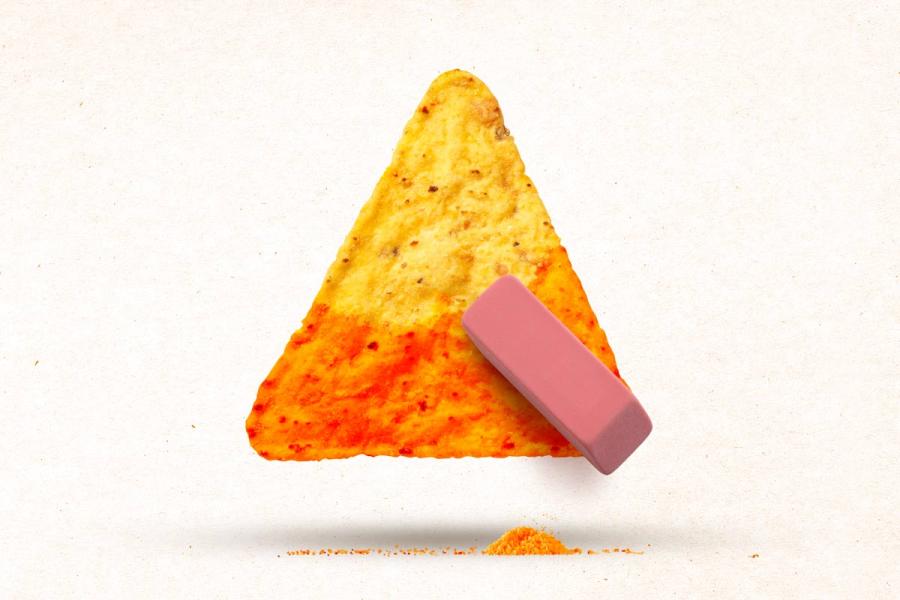However, HIPAA only protects health care information held by specific kinds of health care providers. For example, health care data on your Apple Watch or Fitbit is not usually covered by HIPAA. Genetic data you enter on websites like Ancestry.com is also not covered by HIPAA. Other laws or agreements, like the privacy disclosures required on many apps, may protect that information, but HIPAA does not.
Sometimes people try to use HIPAA as an excuse for actions it doesn’t actually cover. For instance, some people who refused to comply with coronavirus-related mask rules in stores asserted that they couldn’t be asked to explain why because of HIPAA protections. But that’s not how this privacy law works: It’s legal for someone to ask you about your vaccination status. And anyone can provide information about their own vaccination status (or any personal health information) without violating HIPAA.
Are There Exceptions to the HIPAA Privacy Rule?
Certain exceptions to HIPAA’s nondisclosure requirements allow covered health care providers to disclose patient information to help treat another person, protect public health and aid in certain law enforcement investigations.
During a pandemic, for instance, public health departments can provide information about how many people have tested positive for a disease, but they cannot mention specific names to the general public unless it’s necessary to alert particular people that they may have been exposed. This is because HIPAA and other privacy laws require them not to release any more information than is needed to keep people safe.










